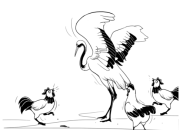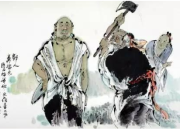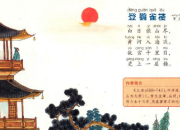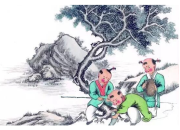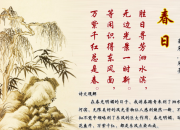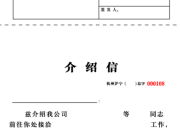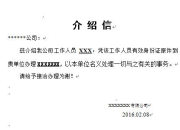从语篇特征评杜甫《春夜喜雨》的四种译文
时间:2021-08-31《春夜喜雨》是唐诗名篇之一,是杜甫上元二年(761年)在成都草堂居住时所作。此诗运用拟人手法,以极大的喜悦之情细致地描绘了春雨的特点和成都夜雨的景象,热情地讴歌了来得及时、滋润万物的春雨。
从语篇特征评杜甫《春夜喜雨》的四种译文
摘要:本文以语篇特征标准为分析框架,对杜甫五言律诗《春夜喜雨》的四种译文和原诗进行对比分析,指出不同译文在语篇衔接性、连贯性、信息性、意图性和可接受性上的得与失。
关键词:语篇特征 ;《春夜喜雨》;诗歌翻译;功能对等
1.引言
近几年来有些学者从功能语篇的角度,对古诗英译的标准和原则进行了有益的探索,证明翻译研究中的语言学评价模式的可行性和可操作性张美芳,《翻译研究的功能途径》,上海外语教育出版社,2005;黄国文,“《清明》一诗英译文的人际功能探讨”,2002年《外语教学》第3期;黄国文,“对唐诗《寻隐者不遇》英译文的功能语篇分析”,2002年《解放军外国语学院学报》第5期;黄国文,“从《天净沙・秋思》的英译文看形式对等的重要性”,2003年《中国翻译》第2期;张小美、朱军,“《送元二使安西》的汉英语篇纯理功能对比”,2006年《国外外语教学》第3期。 。因为“翻译就是一种语言(SL)的语篇成分由另一语言(TL)中等值的成分来代替”Catford, J. C. A Linguisitic Theory of Translation. London: Oxford University Press, 1965, p.20.,本文将以语篇特征五个标准为分析框架,并结合韩礼德的功能语言学理论对杜甫的《春夜喜雨》及其四种译文进行比较,也从语篇交际的功能性角度分析《春夜喜雨》不同译文的得与失。该诗的四种译文分别是杨宪益、戴乃迭译文简称杨译;路易・艾黎(Rewi Alley)译文,简称艾黎译;许渊冲译文简称许译;布兰丹・奥凯恩(Brendan Okane)的译文简称凯恩译。译文如下(各诗行用竖划线“|”隔开):
A welcome rain on spring night (76 words)
译者:杨宪益,戴乃迭
A good rain / knows its season|And comes when spring is here; |On the heels of the wind / it slips secretly into the night, |Silent and soft, /it moistens everything. |Now /clouds hang black above the country roads, |A lone boat on the river /sheds a glimmer of light; |At dawn /we shall see splashes of rain-washed red -|Drenched, heavy blooms in the City of Brocade. *
* another name for Chengdu
Good rain on a spring night (59words)
译者:路易・艾黎
A good rain falling/|Just when it should|In springtime; riding|On the wind /it fills|A whole night, soaking|The land with its goodness; |Clouds/ hang heavily over|Country paths; a lone light/|Shines from a passing boat; |Morning and I/see a damp|Redness on the branches, |Laden down with flowers.
Happy rain on a spring night (48words)
译者:许渊冲
Good rain /knows its time right, |It will fall /when comes spring. |With wind/ it steals in night,
Mute,/ it wets everything. |Over wild lanes /dark cloud spreads; |In boat/a lantern looms. |Dawn/sees saturated reds; |The town'/s heavy with blooms.
Delighting in Rain on a Spring Night (84words)
译者:布兰丹・奥凯恩
A good rain /knows its proper time; |It waits /until the Spring to fall. |It/ drifts in on the wind, steals in by night, |Its fine drops /drench, yet make no sound at all. |The paths between the fields /are cloaked with clouds; |A river-skiff's lone light /still burns. |Come dawn, / we'll see splashes of wet red -|The flowers in Chengdu*, weighed down with rain.
*Chengdu is now a large city in southern China.

